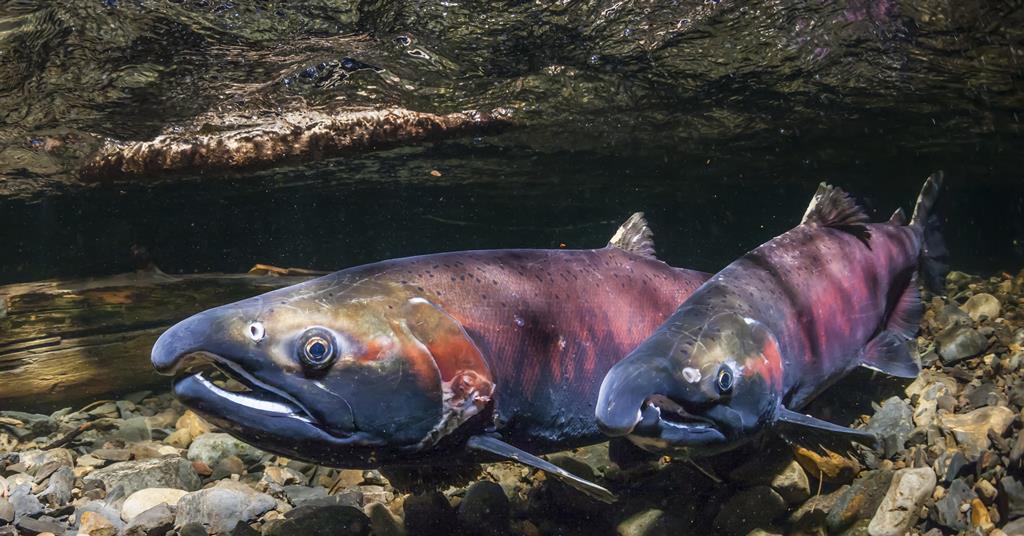Lawrence Breakspear
Senior Member
The weakness of the barbel Stephen are the demographics of its population, I have said this before so I apologize for is repetition.
Male barbel outnumber female barbel between 7:1 or 10:1 ratios, females become sexually mature later than the males by about 3 or 4 years, males being at about 4 years old and females are later at about 7 years old, males live for about 7 years with a maximum weight of about 8lb, where as we know females can live 20 plus years and weigh well in excess of 15 pounds, otters find big fish like big barbel, carp and pike easy prey, females produce about 20,000 eggs per year, so on small river stretch with a population of 100 barbel only between 7 or 10 will be female. Big double figured barbel soon fall victim to the predating otter, during the late winter early spring big female barbel soon find themselves without the protection of the shoal due to males leaving for the spawning grounds some 3 months before the females, so it doesnt take much understanding as to how an otter can destroy a barbel population, based on the needs of the otter for its sustenance, the otter will most of the time just eat the gills and offal of the barbel, thus needing to feed again, and again, during the day, its a 24/7 process.
Our barbel river environments cannot sustain their barbel populations along side the otter....
No females means no barbel, its a self fulfilling prophecy, and thats what has happened, otters havent eaten all the barbel, they just ate the females...
Male barbel outnumber female barbel between 7:1 or 10:1 ratios, females become sexually mature later than the males by about 3 or 4 years, males being at about 4 years old and females are later at about 7 years old, males live for about 7 years with a maximum weight of about 8lb, where as we know females can live 20 plus years and weigh well in excess of 15 pounds, otters find big fish like big barbel, carp and pike easy prey, females produce about 20,000 eggs per year, so on small river stretch with a population of 100 barbel only between 7 or 10 will be female. Big double figured barbel soon fall victim to the predating otter, during the late winter early spring big female barbel soon find themselves without the protection of the shoal due to males leaving for the spawning grounds some 3 months before the females, so it doesnt take much understanding as to how an otter can destroy a barbel population, based on the needs of the otter for its sustenance, the otter will most of the time just eat the gills and offal of the barbel, thus needing to feed again, and again, during the day, its a 24/7 process.
Our barbel river environments cannot sustain their barbel populations along side the otter....
No females means no barbel, its a self fulfilling prophecy, and thats what has happened, otters havent eaten all the barbel, they just ate the females...

